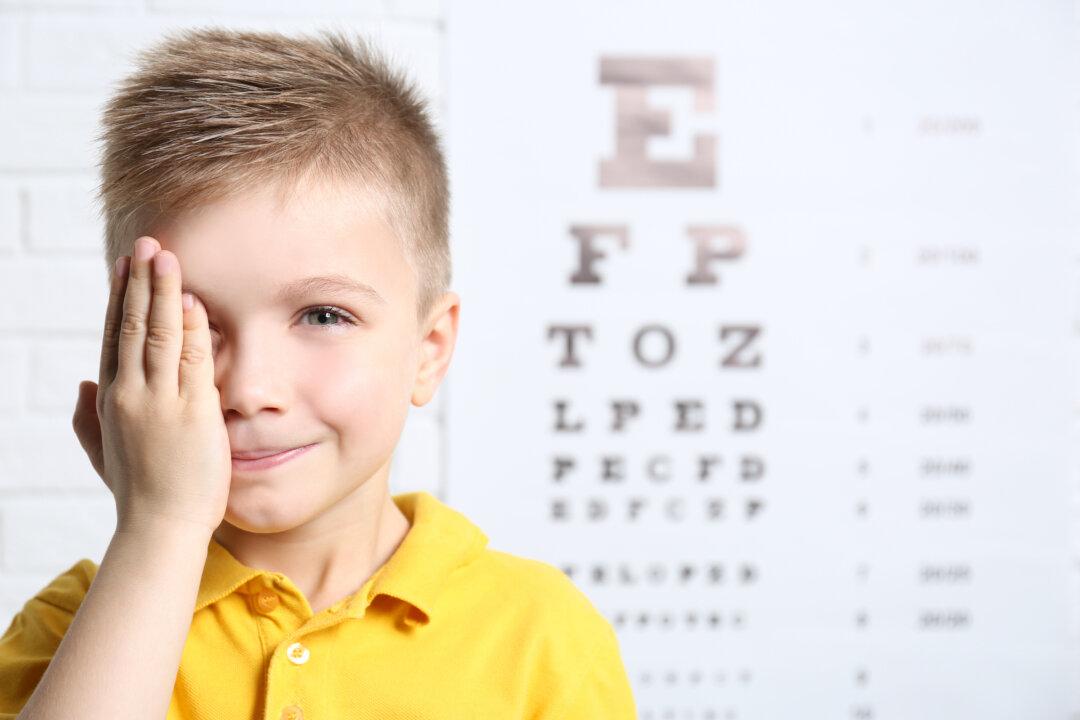Short-term memory loss is the condition of losing recently formed memories, like what one is currently aware of or thinking about, and while most people associate it with aging, there are a number of causes. It could be attributed to a medical condition, an injury, or other influences.
People who experience short-term memory loss might find that they can still remember how to play their favorite instrument, recall the names of everyone they know, and what schools they attended, but they may not be able to remember what they were doing five minutes ago. There are cases where it is possible that brain damage has completely destroyed short-term memory. People often say they are “stuck” in a certain time period because they have a hard time forming new memories.





